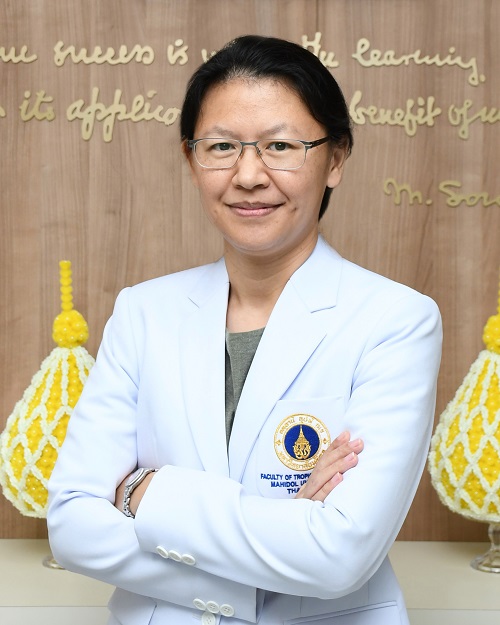Personal Statement
I have been worked in tropical infectious diseases for 18 years. I started my research career as a junior molecular microbiology researcher in Mahidol-Oxford Tropical Medicine Research Unit (MORU), Faculty of Tropical Medicine, Mahidol University, Bangkok, Thailand since 2003. I developed a Multi-locus Sequence Typing (MLST) for Leptospira spp., which confirmed the big outbreak of leptospirosis in Northeast Thailand in 2000 caused by a single clone of L. interrogans sequence type 34. In 2009, I had been trained for bacterial genome analysis by the Pathogen genomics team at the Wellcome Trust Sanger Institute, the UK for ten months. In 2011, I was a Head of Molecular Microbiology at MORU. I had set up a diagnosis facility, standard procedures and management a team for molecular diagnosis of bacterial infections including leptospirosis, rickettsiosis, scrub typhus and others. The first project was “An Observational Study of the Causes, Management, and Outcomes of Community-acquired Sepsis and Severe Sepsis in Southeast Asia”, Clinical trials ID NCT02157259. In later projects, we expand our expertise and facility on diagnosis of upper respiratory infections. Currently, our team is an important role in molecular diagnosis facility for Rural Febrile Illness projects in the South and Southeast Asian Community-based Trials Network (ww.SEACTN.org). In 2018, I was a member of Faculty of Tropical Medicine, Mahidol University as a lecturer. I expanded my scope of research to pulmonary tuberculosis. Currently, I am a Principal Investigator of project entitled “New horizontal for the diagnosis of tuberculosis and MDR-TB” granted by Mahidol University in 2019. We have been set up and validated the assay for screening pulmonary TB or MDR TB using the next-generation sequencing. We plan to publish the results this year (2021).
Last updated: February 13, 2024

